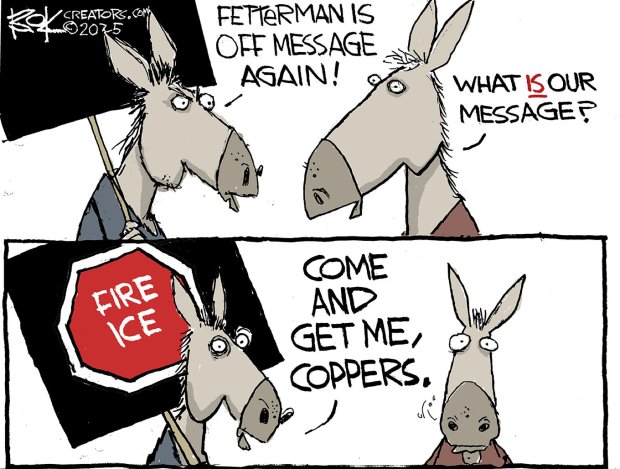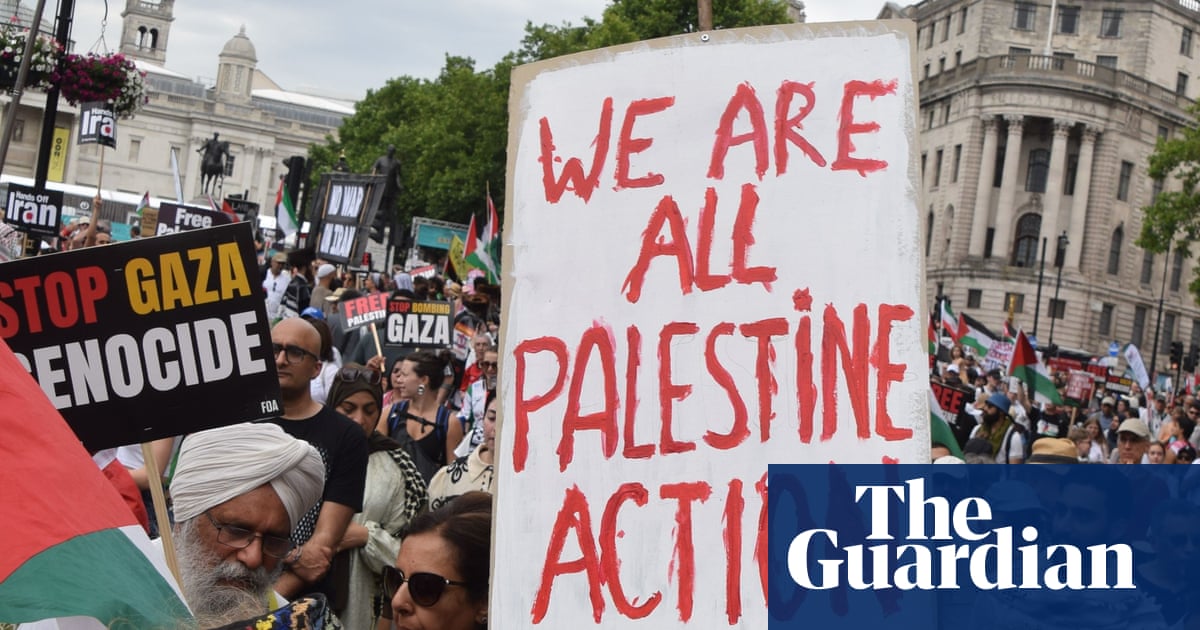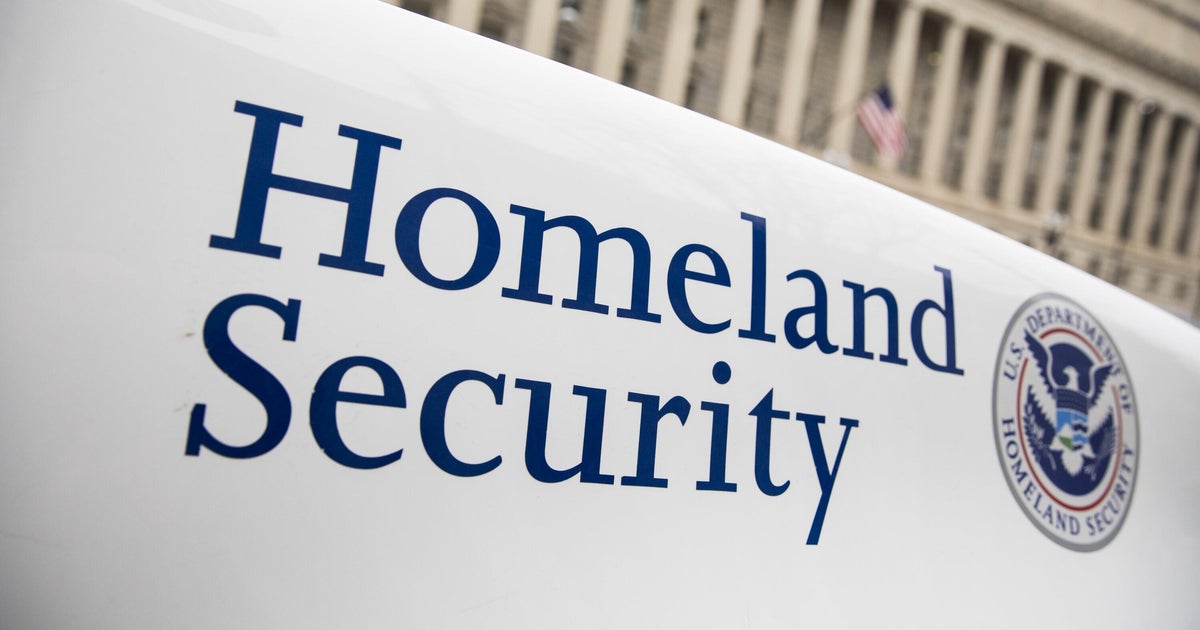
Friday was a bad day for terrorists, but a good day for victims.
The Supreme Court upheld a law that allows Americans injured by acts of terror in the Middle East to take Palestinian leadership groups to U.S. courts for damages. As The Hill reported, this means lawsuits by U.S. victims of terrorist attacks in Israel can move forward here.
The justices ruled unanimously that the Promoting Security and Justice for Victims of Terrorism Act (PSJVTA) does not violate the Palestinian Authority (PA) and Palestine Liberation Organization (PLO)’s due process rights by forcing them to consent to federal courts’ authority.
It will, however, hold the groups accountable for the heinous acts perpetrated against innocents.
“It is permissible for the Federal Government to craft a narrow jurisdictional provision that ensures, as part of a broader foreign policy agenda, that Americans injured or killed by acts of terror have an adequate forum in which to vindicate their right to (Anti-Terrorism Act) compensation,” Chief Justice John Roberts wrote for the court.
Congress enacted the law in 2019 to let victim lawsuits move forward against the PA and PLO, responding to a series of court decisions that found the victims’ families had no jurisdiction to sue.
The PA has no problem doling out cash, just not to the victims of terror. For years, the PA has operated a “martyrs fund,” paying stipends to families of terrorists who attack and murder Israeli civilians. The U.S. and Israel have long claimed that paying the families of terrorists encourages more violence.
And the victims? Left, as they often are, helpless as attacks on them and their families are rejoiced.
Until Friday.
As a pair of cases worked their way through the courts, the Justice Department argued that Congress determined the PA and PLO would be made open to U.S. civil suits if they made payments to representatives of terrorists who injured or killed Americans or maintained a certain presence in the country.
It pays to follow the money.
There was some back and forth, of course. In April, Deputy Solicitor General Edwin Kneedler argued before the justices that the legislative and the executive branches together determined it would prevent terrorism to find the PA and PLO consented to jurisdiction in federal courts.
An attorney for the PA and PLO argued personal jurisdiction is “over and above” what Congress can prescribe.
Justice Clarence Thomas wrote in a concurring opinion Friday, joined in part by Justice Neil Gorsuch, that he would have gone a step further to define the boundaries of the Fifth Amendment’s Due Process Clause — a question the high court ultimately left for another day.
“I am skeptical that entities such as the Palestine Liberation Organization (PLO) and the Palestinian Authority (PA) enjoy any constitutional rights at all, let alone qualify as ‘person(s)’ for purposes of the Fifth Amendment,” Thomas wrote.
The political climate being what it is, we wouldn’t be surprised if anti-Israel protestors started chanting for “Constitutional rights for the PLO and PA.” That’s been another disgraceful indignity visited upon the victims of terrorists: the support on American campuses for those behind attacks on innocents in Israel.
But Friday’s Supreme Court victory offers, if not a chance at closure, at least the acknowledgment that the victims of terrorism deserve to be seen, heard, and compensated by those who pulled the strings.




